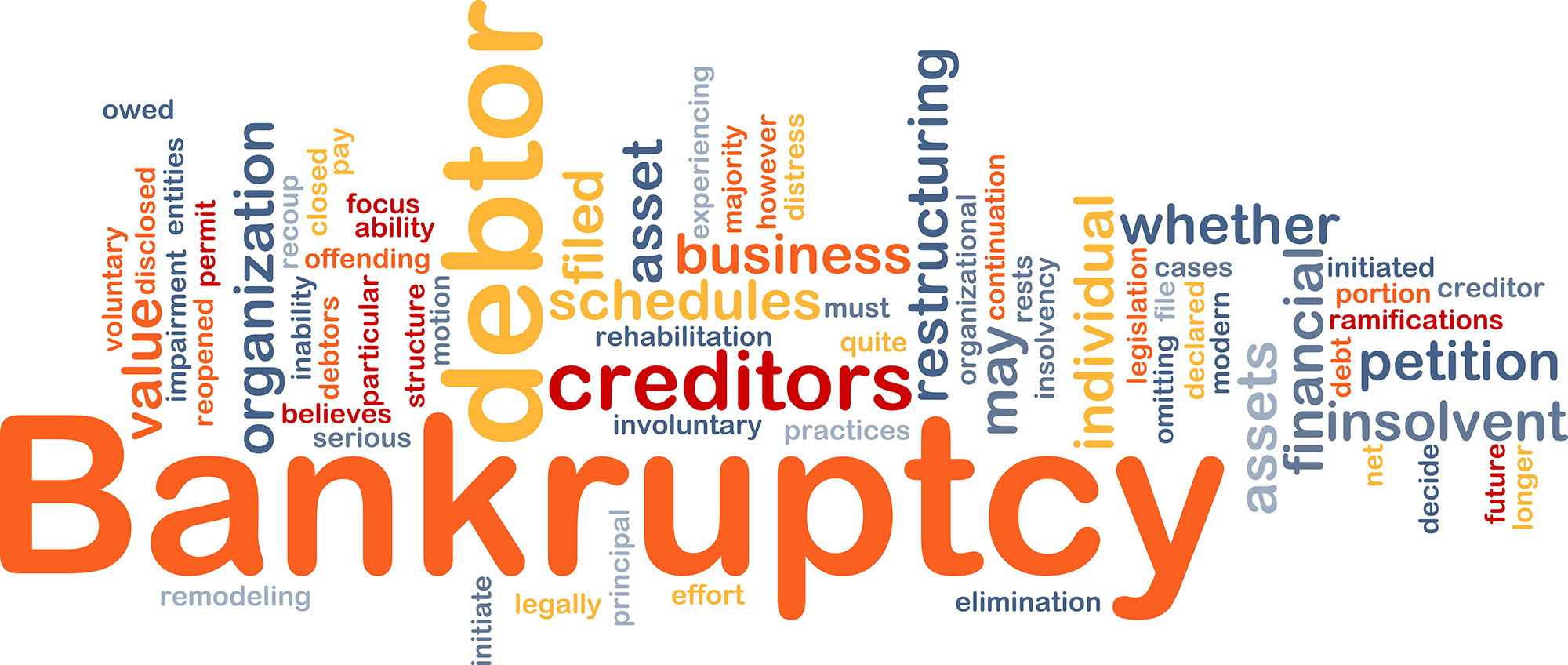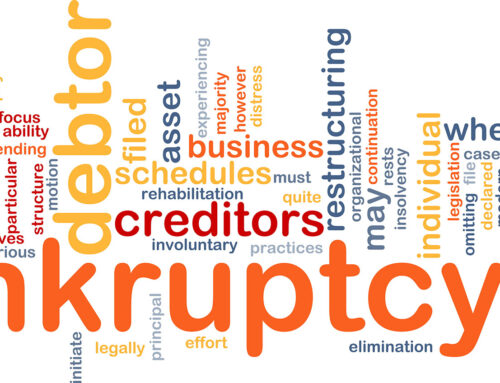Remedies available in bankruptcy are intended to give debtors a fresh start. Surprisingly, many people who file bankruptcy do not understand their responsibilities when it comes to their non-exempt property. Upon the filing of bankruptcy, all assets belonging to the debtor, not otherwise claimed as exempt, become the property of the debtor’s bankruptcy estate. The debtor must then state his or her intentions regarding that property by electing to either redeem or surrender the property.
What does “surrender” or “redeem” mean in bankruptcy court? Recent bankruptcy opinions in the Florida bankruptcy courts have concluded that a debtor who files bankruptcy cannot retain a property secured as collateral by a mortgage unless the debtor is willing to pay the creditor for the property either by redeeming the property (paying off the mortgage) or reaffirming the debt (agreeing to be bound under the mortgage after the completion of bankruptcy).
If the debtor is not in a position to pay for the property, the only option available to the debtor is to surrender the property to the creditor. If a debtor elects to surrender secured property, Florida bankruptcy courts have ruled that surrender means that a debtor must: (i) relinquish the secured property and make it available to the secured creditor and (ii) refrain from taking any overt act that impedes the secured creditor’s ability to foreclose its interest in secured property. A debtor, therefore, cannot surrender property in bankruptcy court and then continue to contest or fight the lender in the foreclosure of the same property following the debtor’s election to surrender the property. If the debtor does not surrender the property as required, there are remedies available to the creditor to compel the debtor to surrender the property or request to have the debtor’s otherwise valid bankruptcy discharge revoked.






Stay In Touch